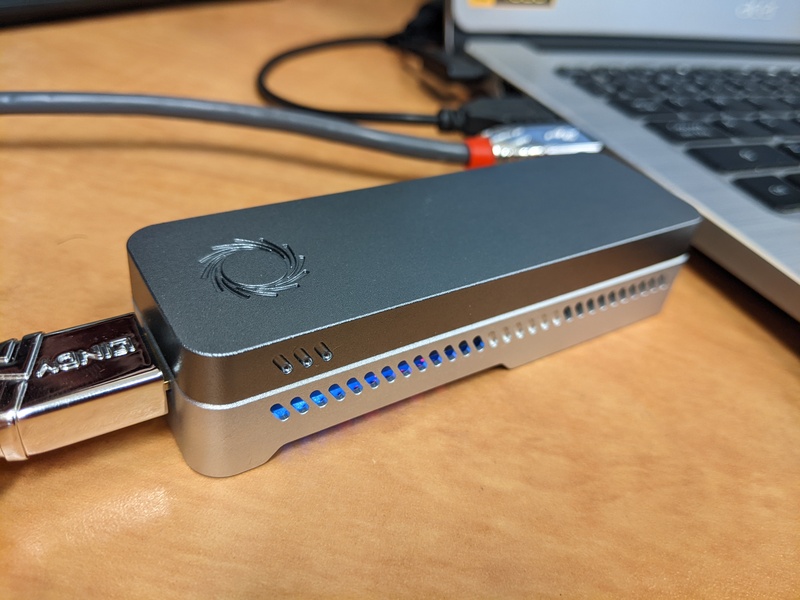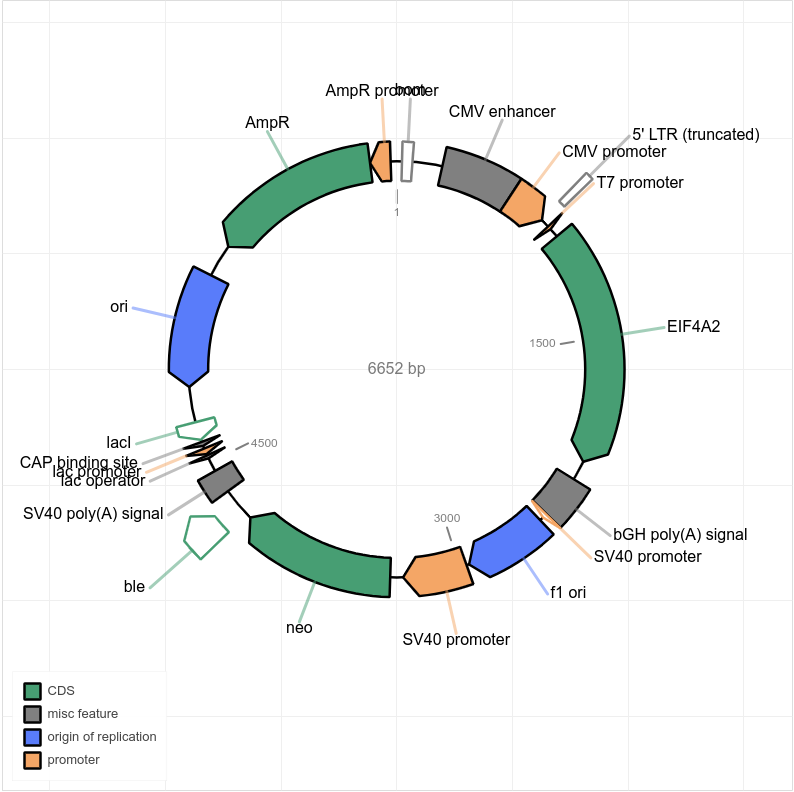Plasmid sequencing
Plasmid sequencing
Using a third-generation sequencing method (Oxford Nanopore Technologies (ONT)), our service enables high-quality sequencing of your whole plasmid(s) at an affordable price ($15 CAD/plasmid).
Form available here.


This service is for you if:
- You have a long insert to sequence (requiring several Sanger sequencing reactions).
- You own or have received a plasmid for which you do not know sequence.
- You want to check that a plasmid you've been using for a long time doesn't have unexpected mutations in its backbone.
This service may be less suitable for you if:
- You're only interested in knowing the sequence of a small plasmid insert.
We now perform a sequencing run every Thursday, ensuring a more predictable turnaround time. Samples received by Wednesday will be included in the next run. Contact us if you have any questions about scheduling.
